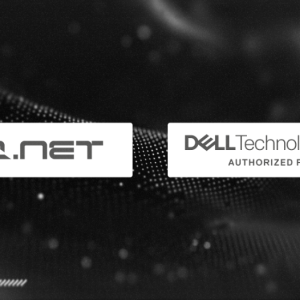io.net Joins Dell Technologies Partner Program to Enhance Decentralized GPU Solutions

io.net, a prominent player in the decentralized physical infrastructure network (DePIN) for GPUs, has recently joined the Dell Technologies Partner Program. This strategic alliance is designed to enhance io.net’s business development, sales, and marketing efforts. As an authorized partner and cloud service provider, io.net aims to integrate its decentralized GPU network with Dell’s robust infrastructure, providing scalable and cost-effective solutions tailored for emerging technologies such as artificial intelligence (AI), machine learning (ML), and high-performance computing (HPC). Tausif Ahmed, VP of Business Development at io.net, emphasized that this partnership marks a significant milestone for the company, positioning it as a leading solution provider in the AI, ML, and HPC sectors.
The Dell Technologies Partner Program is an international initiative that equips partners with essential business development, sales, and marketing resources. By joining this program, io.net gains access to a wealth of resources that will facilitate the expansion of its decentralized GPU network and enhance its market capabilities. This collaboration not only allows io.net to strategize with other partners but also extends its global reach, enabling the deployment of solutions that seamlessly integrate decentralized GPU power with Dell’s reliable hardware infrastructure. The partnership is expected to bolster io.net’s go-to-market efforts and co-marketing activities, ultimately benefiting enterprise customers seeking advanced computing solutions.
As the demand for scalable and efficient compute services continues to rise in the AI and ML industries, io.net’s decentralized network offers a compelling alternative to traditional cloud service providers. By providing on-demand GPU clusters that can be deployed rapidly and at a lower cost, io.net addresses the bottlenecks faced by organizations in AI development. The partnership with Dell is set to democratize access to decentralized compute solutions, particularly for enterprises engaged in AI training, inference, and HPC use cases. With Dell’s global presence and trusted reputation, io.net is well-positioned to accelerate the adoption of these innovative solutions across various industries.
Related News





